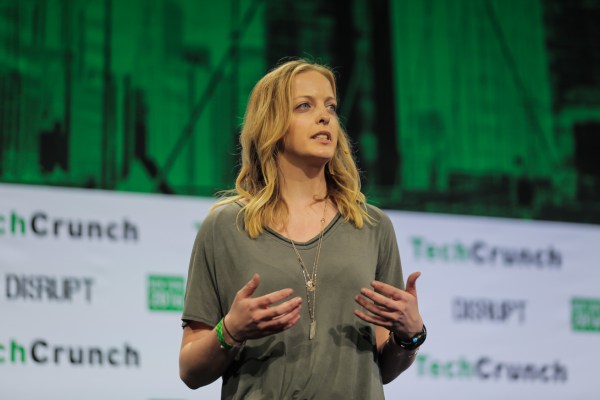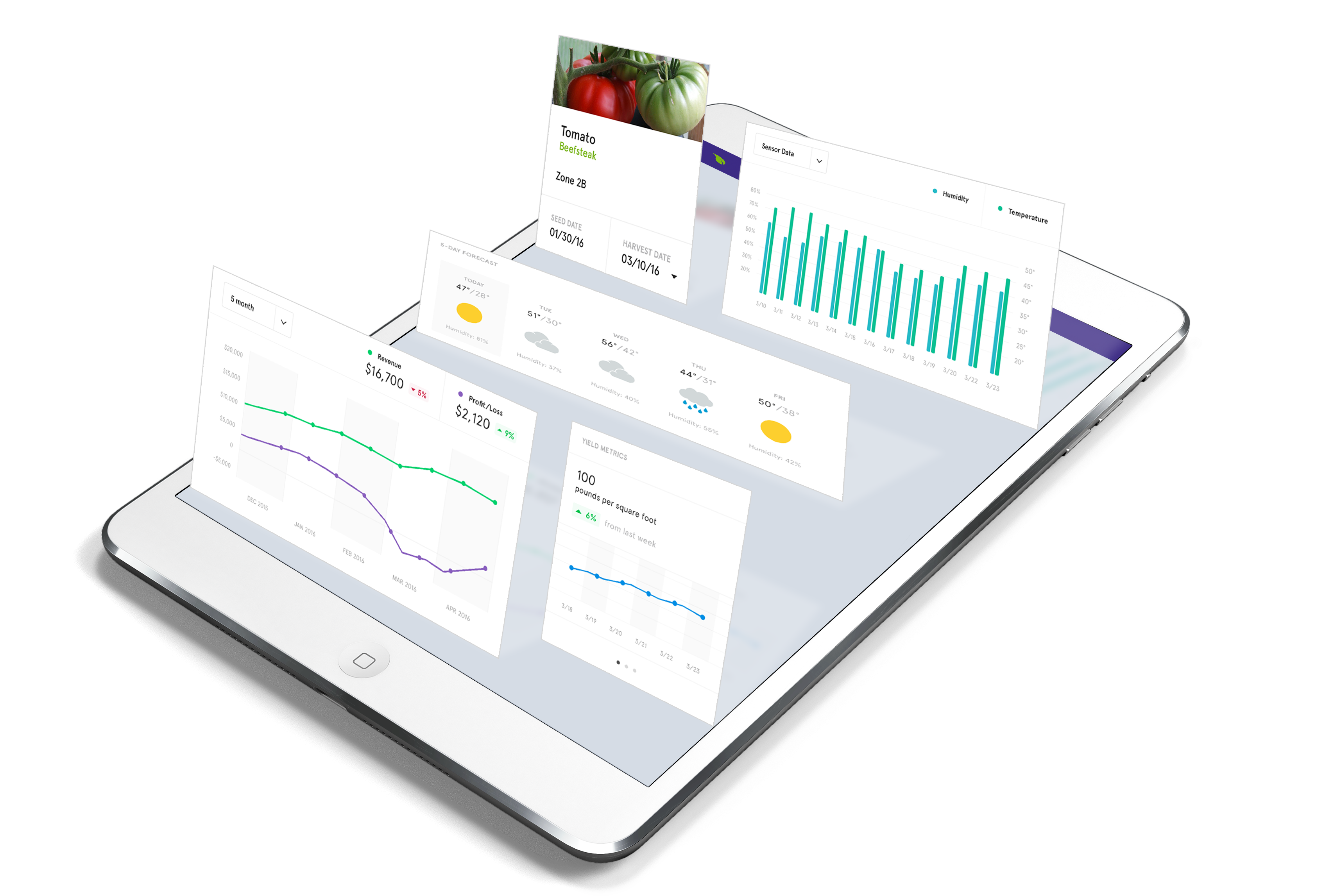Agrilyst, the winner of our Disrupt SF 2015 Battlefield competition, today announced it has raised a $1 million seed round for its indoor agriculture analytics service.
The round was led by Brooklyn Bridge Ventures with participation from Metamorphic Ventures and a number of angel investors and seed funds, including the co-founders of QuickFire, another Battlefield company that was later acquired by Facebook.
As Agrilyst co-founder Allison Kopf told me, the funding round was oversubscribed. She attributed the interest from investors to the fact that the company combines agriculture — something investors are interested in but typically know little about — with the more traditional concept of a Software-as-a-Service business and data analytics.
The company, which is now about a year old, currently has six employees. When it launched at Disrupt SF, the company had only finished building a basic beta version of its product.
Now, six months later, the company is launching a new version of its service that is specifically optimized for vegetable producers.
The service now also includes workflow management tools, as well as support for tracking inventory and managing nutrients and pests. The new version also features an easier onboarding process.
Just like in the beta, Agrilyst uses all this data to then provide recommendations to indoor farmers for how they should manage their crops. The company also wants to add another dimension to this over time: flavor. To do this, it’ll have to start capturing data about taste first, though.
Kopf noted that most indoor farmers still don’t use sensors — and when they do, the data often goes to a local desktop and isn’t stored online (so Agrilyst allows growers to import spreadsheets, too).
That’s slowly changing, though, and Agrilyst can import data from the most popular sensor system in indoor agriculture (think CO2 and humidity levels). A lot of the data, however, still has to be entered by hand. Agrilyst isn’t interested in becoming a hardware company itself, though, but instead plans to support as many third-party sensors as possible.
When Agrilyst first launched, Kopf told me the company didn’t want to be perceived as a cannabis company. That crop, after all, is typically grown indoors and represents a fast-growing market. Come July, though, Agrilyst will offer support for cannabis growers, too.



